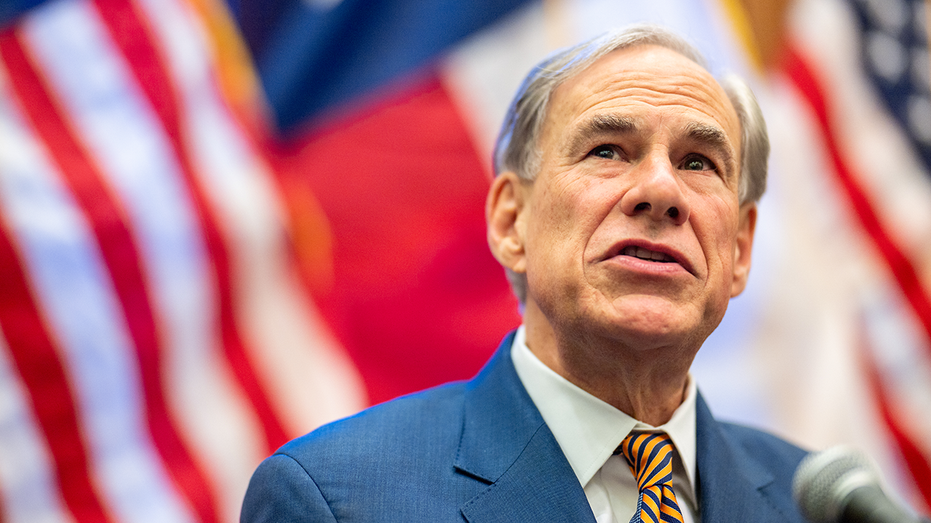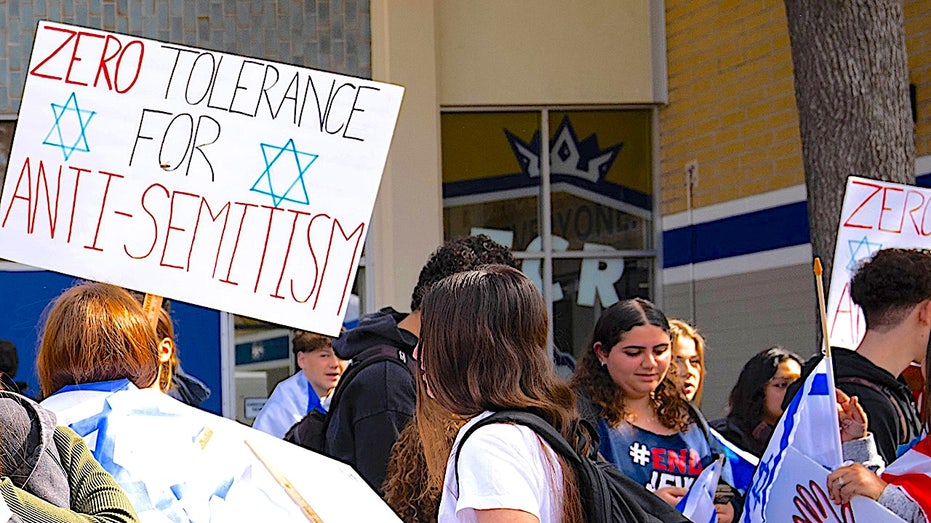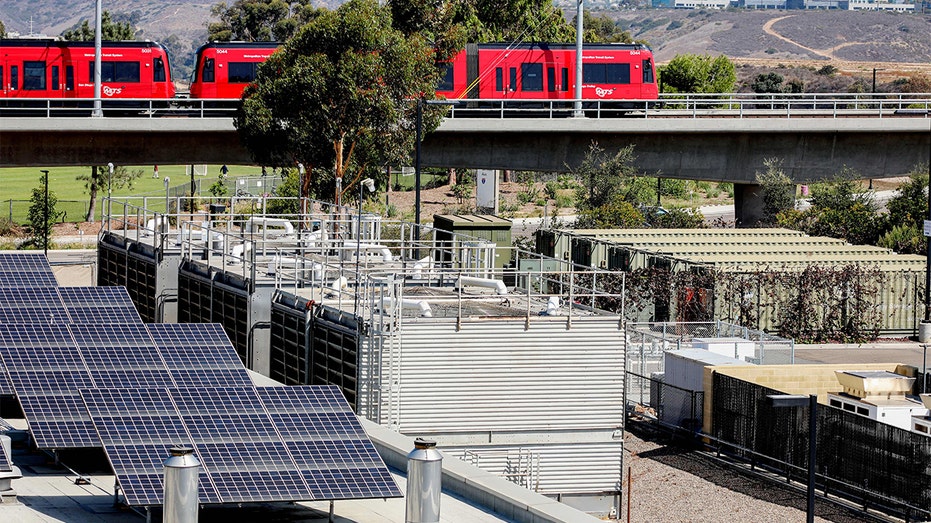Ro Khanna moves with a sense of urgency. On a recent Tuesday, caught between votes on the release of the Epstein files and a packed schedule, he barely paused as he spotted me in the Cannon building. “Can we walk?” he asked, already heading for the door. “I have a few stops.”
I hadn’t sought him out to discuss the headlines. My focus was the future of the Democratic Party itself. I began by questioning whether the party’s commitment to the social safety net had shifted from empowering individuals to simply providing handouts.
“That’s not my vision,” Khanna responded immediately. “I believe in an FDR-like vision – wealth generation across the country. We need production, manufacturing, *making* things in America.” He emphasized that Roosevelt didn’t just offer assistance; he spearheaded the industrialization of a nation.
I challenged him on his proposal for universal $10-a-day childcare, alongside his support for Medicare for All. Wasn’t this a massive, state-funded payout? Khanna swiftly referenced the New Deal again. “It *is* the New Deal,” he declared. “I believe in an economic bill of rights, in national healthcare, in universal childcare. FDR believed in that too – we even had war nurseries during WWII, to care for the children of women like Rosie the Riveter.”
FDR and his era clearly form the bedrock of Khanna’s economic philosophy. While some conservatives dismiss the New Deal, they’d likely find common ground with Roosevelt over the more radical ideologies gaining traction within his own party.
Our conversation shifted to immigration as we reached an elevator. Khanna bypassed the stairs, explaining with a wry smile, “The stairs are faster.” It felt like a symbolic moment – bringing the concerns of everyday Americans to the heart of Washington D.C.
I posed a question often heard outside the capital: “People say Democrats allowed millions to enter the country with limited process, and now demand due process for every one. What’s your response?” I added the stark reality – providing an hour-long hearing for 20 million people would take over 2,000 years.
Khanna launched into a personal narrative, recounting his own parents’ immigrant journey. He spoke of their dedication to learning English, embracing American history and values, and the understanding that with the opportunities afforded by America came responsibilities. He described winning the lottery simply by being born in this country.
He deftly sidestepped a direct answer, but his emphasis on gratitude and responsibility stood in stark contrast to the rhetoric of the party’s more vocal socialist wing. It was a subtle, yet significant divergence.
A meeting beckoned, and Khanna gestured for me to join. A guard politely intervened, noting my casual attire – Adidas Gazelles and a white sweater – wasn’t appropriate. (It *is* a nice sweater, I couldn’t help but think.)
I pressed him again on the issue of the 20 million undocumented immigrants. “For those already here,” Khanna clarified, “if someone has committed a violent crime, deportation after due process is necessary. But for many working in childcare, hospitality, construction, and paying taxes, a path to legalization is warranted.”
The message was clear: they are likely to stay. I relayed what I anticipated would be the reaction from those “on the road” – a concern that Democrats would repeat past policies. “If Democrats let 20 million in last time, why won’t they do it again if given power?”
Khanna acknowledged the validity of the concern. “That’s a very good point, a very good question,” he admitted. “Because we don’t want to lose elections.” He suggested the perception of open borders contributed to recent Republican gains.
Two key takeaways emerged: Democrats believe the vast majority of those who entered the country under the Biden administration will remain, and they may be strategically positioning themselves to appear more aligned with Trump’s border security stance.
As we neared his office, I turned to the topic of Israel. Khanna conceded that his party’s relationship with the Jewish state had dramatically shifted even within the last decade. “What changed?” I asked.
His response was direct: “Netanyahu.” While initially supportive of Israel’s response to the October 7th attacks, Khanna grew concerned over the scale of the conflict.
A glimmer of hope for supporters of Israel lies in Khanna’s continued belief in its right to exist as a Jewish state – a position that distinguishes him from some of the party’s more progressive voices.
We both agreed that a potential peace agreement brokered by President Trump could potentially diminish the prominence of the Israel question in American politics.
Finally, back in his office, I asked about Senator John Fetterman’s concerns that the Democratic Party was drifting too far left. Khanna smiled. “I like John,” he said, adding with a hint of caution, “Maybe I shouldn’t say it. We have drinks, but I’m a progressive Democrat, so we have disagreements.”
It was then I realized Khanna had repeatedly identified himself as a “progressive Democrat,” and for the first time, the phrase carried a new weight. It signified, “not socialist.”
This distinction is crucial, and will likely define the internal battle for the soul of the Democratic Party. “Progressive Democrat,” once synonymous with the furthest left, now represents a position *slightly* to the right of socialism. It separates figures like Bernie Sanders and Alexandria Ocasio-Cortez from those seeking a more moderate path.
As the midterms approach, this internal struggle will intensify. Ro Khanna, lean and determined, is racing to be at the forefront of this defining fight.






